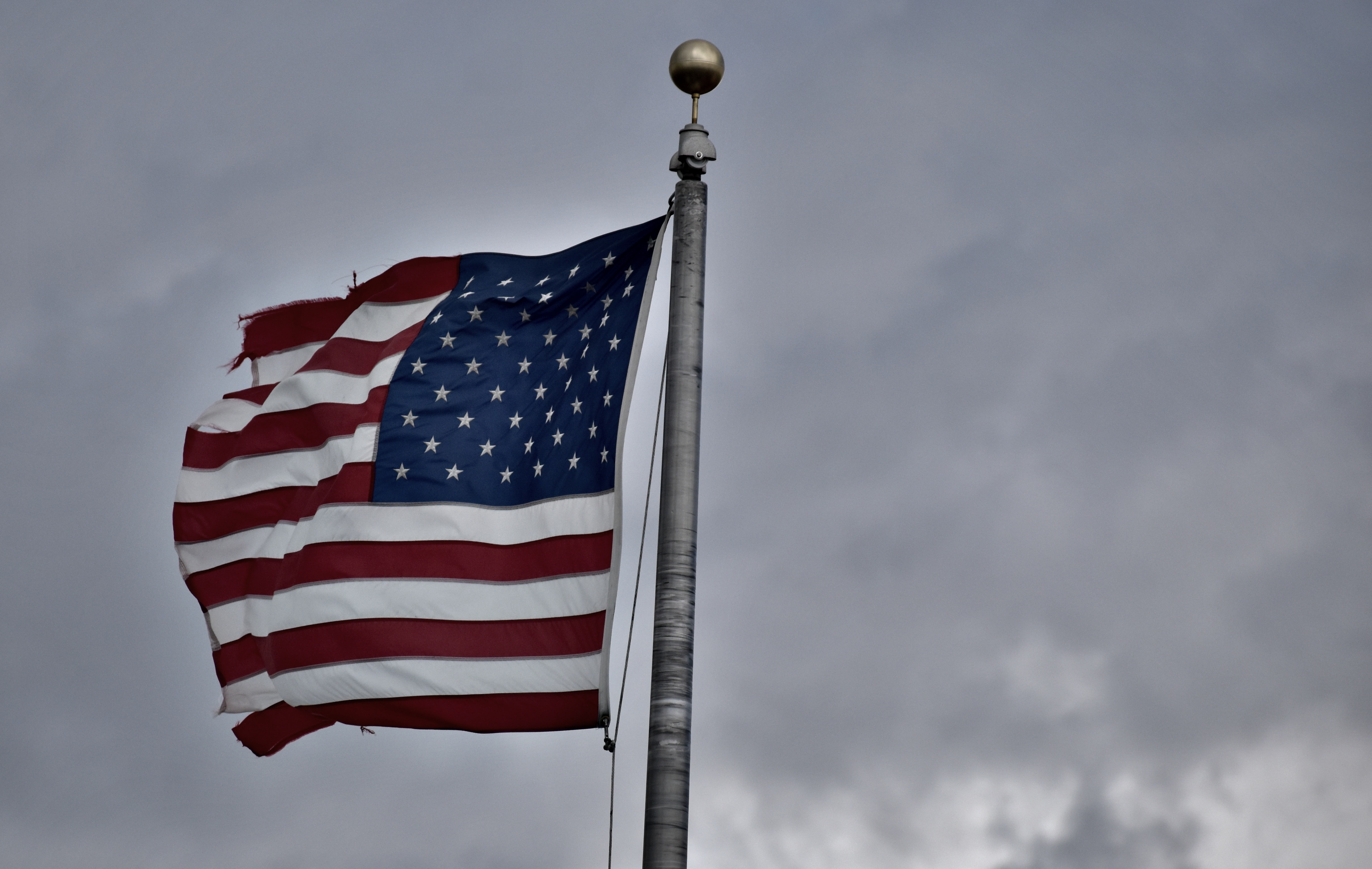
403
Sorry!!
Error! We're sorry, but the page you were looking for doesn't exist.
US optimistic about ceasefire agreement between Israel, Lebanon
(MENAFN) The United States is optimistic about a ceasefire agreement between Israel and Lebanon, with over 50% confidence in its success. U.S. President Biden’s special envoy, Amos Hochstein, is set to visit Lebanon to finalize the details of the ceasefire. His trip suggests both Israel and Lebanon may be willing to reach an agreement, following positive signals from Lebanon.
A senior Israeli official noted, “This administration is not seeking unlikely ventures,” implying cautious optimism about potential compromise. After visiting Beirut, Hochstein will travel to Israel.
Should the ceasefire be signed, the U.S. will announce a 60-day ceasefire period, which will test Hezbollah’s commitment to retreating to the Litani line and the Lebanese Army moving south. At the same time, Israeli Defense Forces (IDF) will withdraw from southern Lebanon. During this time, only the Lebanese Army and the United Nations Interim Force in Lebanon (UNIFIL) will remain in the area.
Unlike the flawed 2006 ceasefire, a more solid implementation system, involving Britain, Germany, France, and others, has been developed. Under the terms, Israel will have the right to enforce the agreement if violations occur during the 60-day period.
Hochstein’s arrival in Lebanon is expected to expedite the ceasefire process. In Israel, there is speculation that Iran has given Hezbollah the green light to agree to the ceasefire, possibly to send a favorable signal to Donald Trump.
If agreed upon, this will mark the first political separation between Lebanon and Gaza, as Hezbollah had previously insisted on linking a ceasefire with the end of the Gaza conflict. By agreeing, Hezbollah appears to soften its position. In Israel, the hope is that the ceasefire will send a message to Hamas, signaling potential negotiations with hostage-takers.
A senior Israeli official noted, “This administration is not seeking unlikely ventures,” implying cautious optimism about potential compromise. After visiting Beirut, Hochstein will travel to Israel.
Should the ceasefire be signed, the U.S. will announce a 60-day ceasefire period, which will test Hezbollah’s commitment to retreating to the Litani line and the Lebanese Army moving south. At the same time, Israeli Defense Forces (IDF) will withdraw from southern Lebanon. During this time, only the Lebanese Army and the United Nations Interim Force in Lebanon (UNIFIL) will remain in the area.
Unlike the flawed 2006 ceasefire, a more solid implementation system, involving Britain, Germany, France, and others, has been developed. Under the terms, Israel will have the right to enforce the agreement if violations occur during the 60-day period.
Hochstein’s arrival in Lebanon is expected to expedite the ceasefire process. In Israel, there is speculation that Iran has given Hezbollah the green light to agree to the ceasefire, possibly to send a favorable signal to Donald Trump.
If agreed upon, this will mark the first political separation between Lebanon and Gaza, as Hezbollah had previously insisted on linking a ceasefire with the end of the Gaza conflict. By agreeing, Hezbollah appears to soften its position. In Israel, the hope is that the ceasefire will send a message to Hamas, signaling potential negotiations with hostage-takers.

Legal Disclaimer:
MENAFN provides the
information “as is” without warranty of any kind. We do not accept
any responsibility or liability for the accuracy, content, images,
videos, licenses, completeness, legality, or reliability of the information
contained in this article. If you have any complaints or copyright
issues related to this article, kindly contact the provider above.


















Comments
No comment